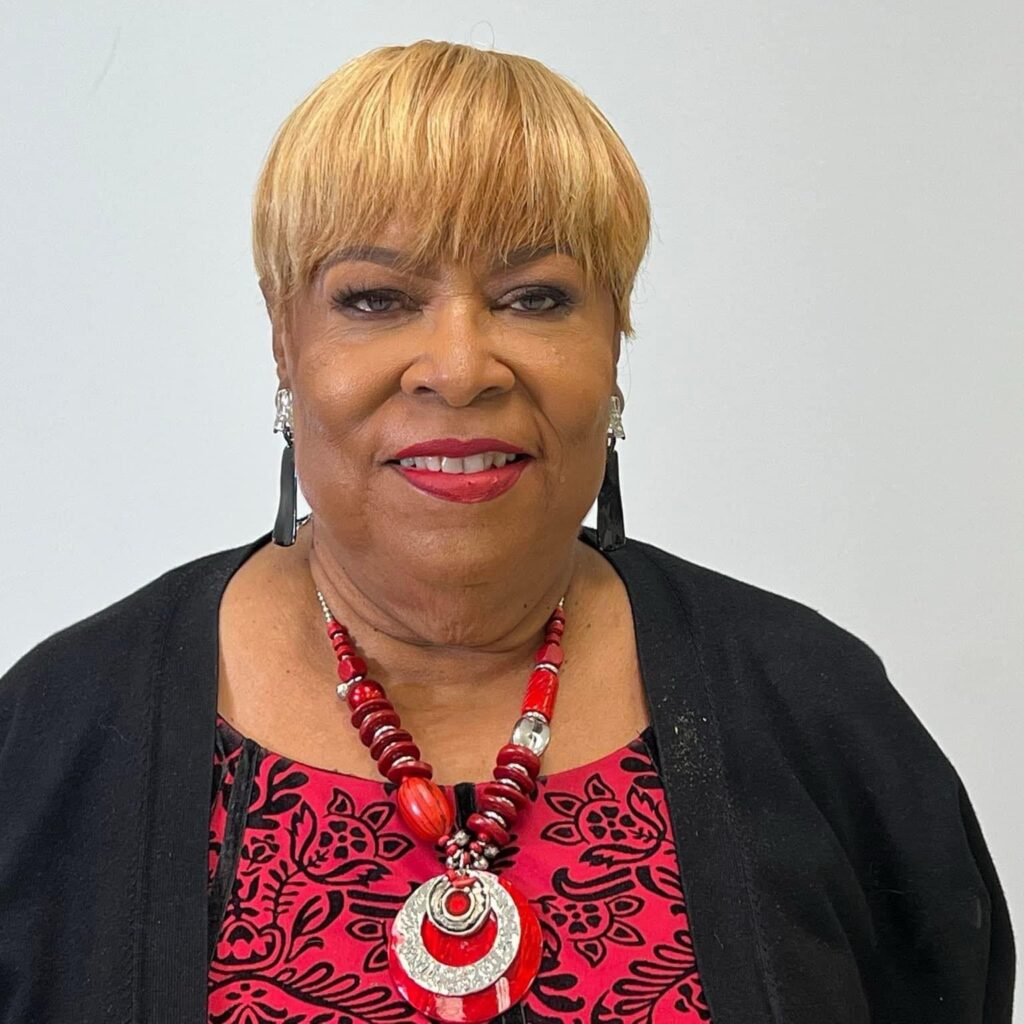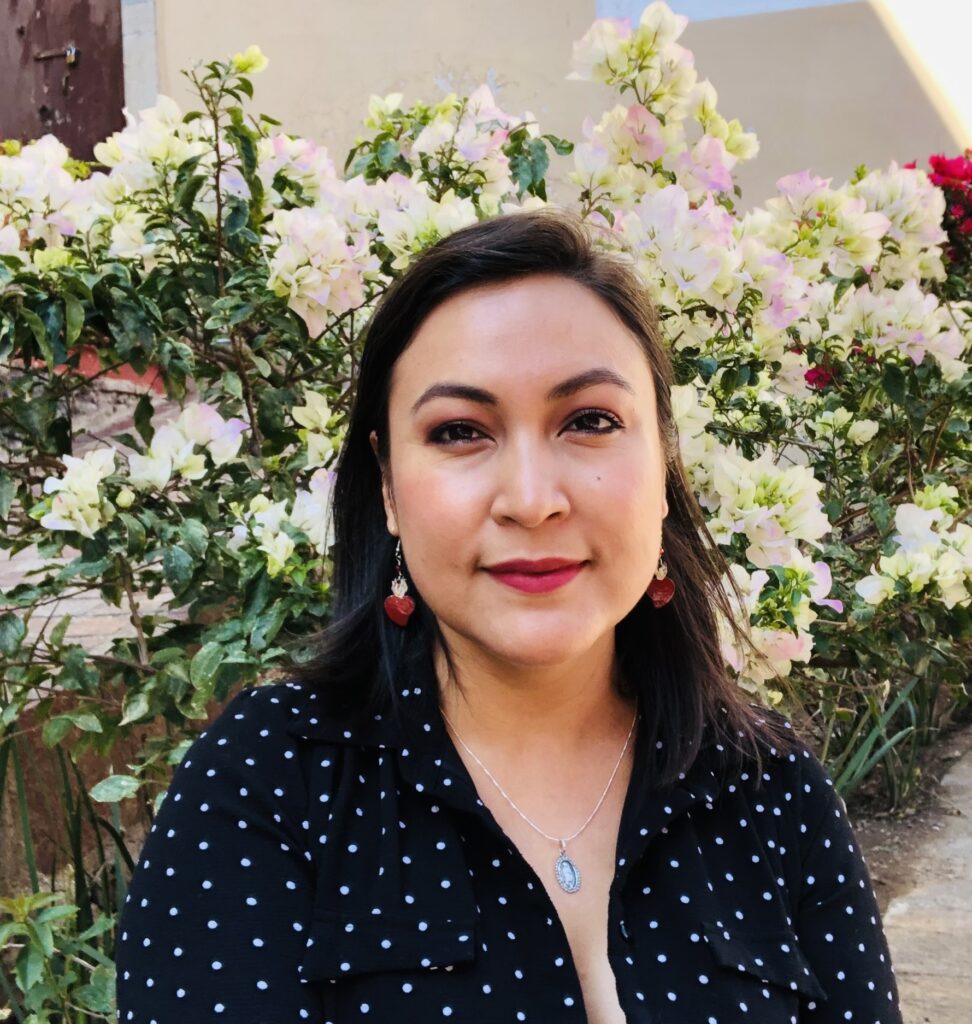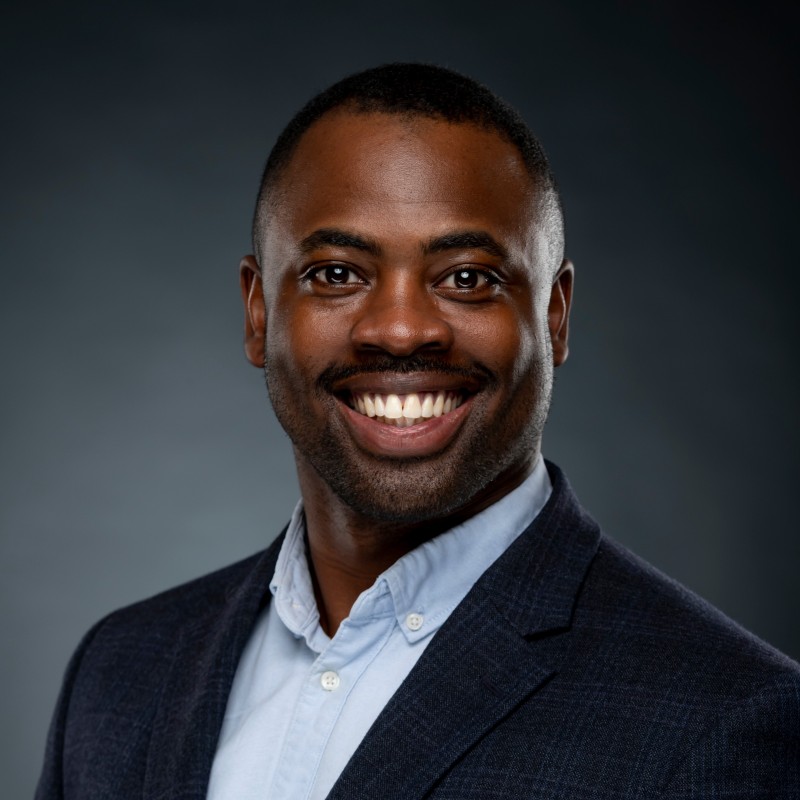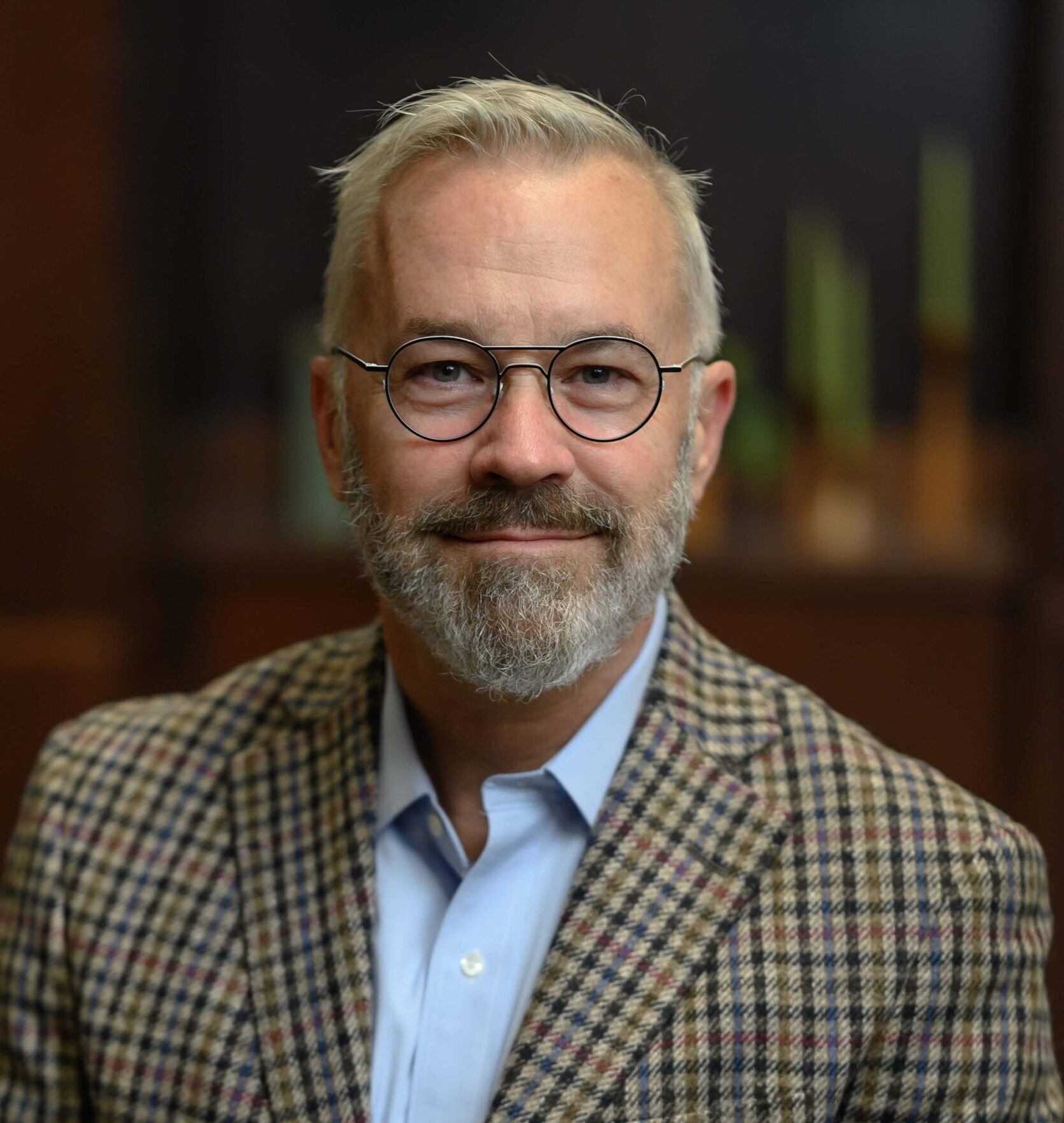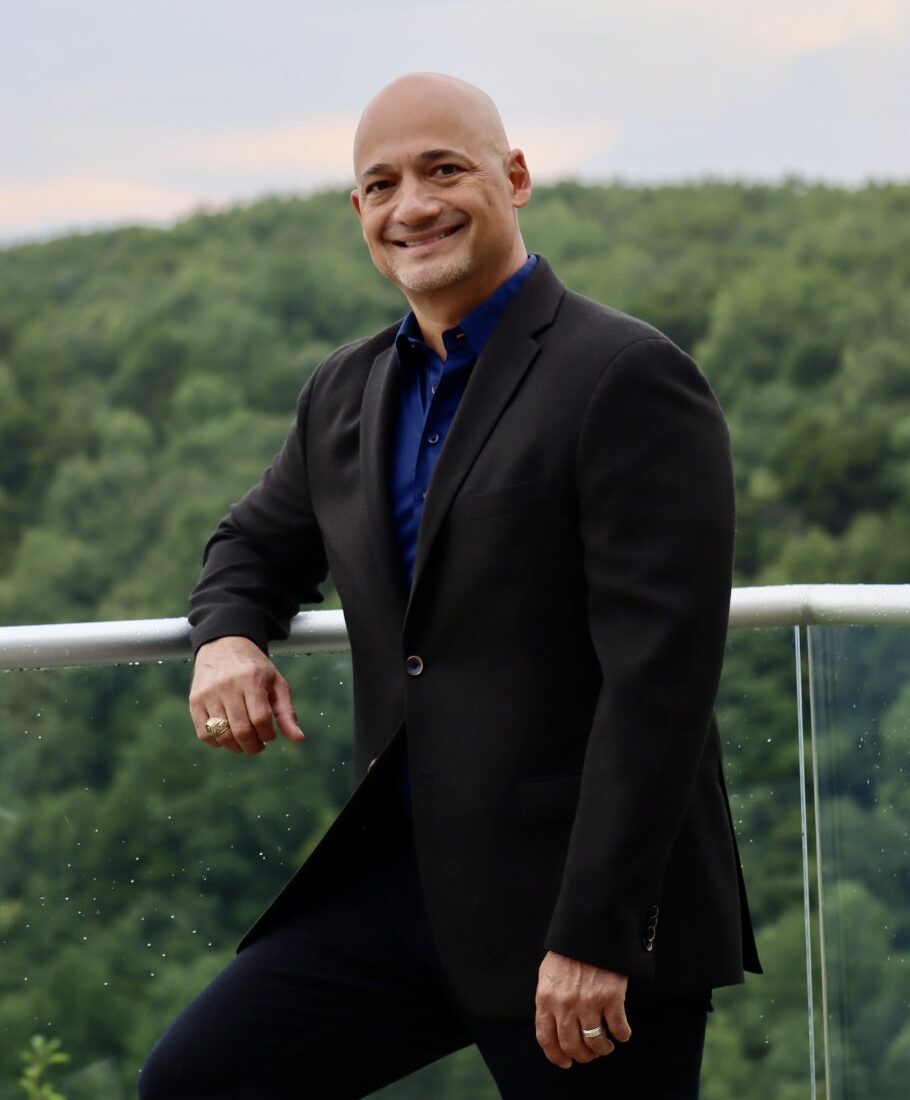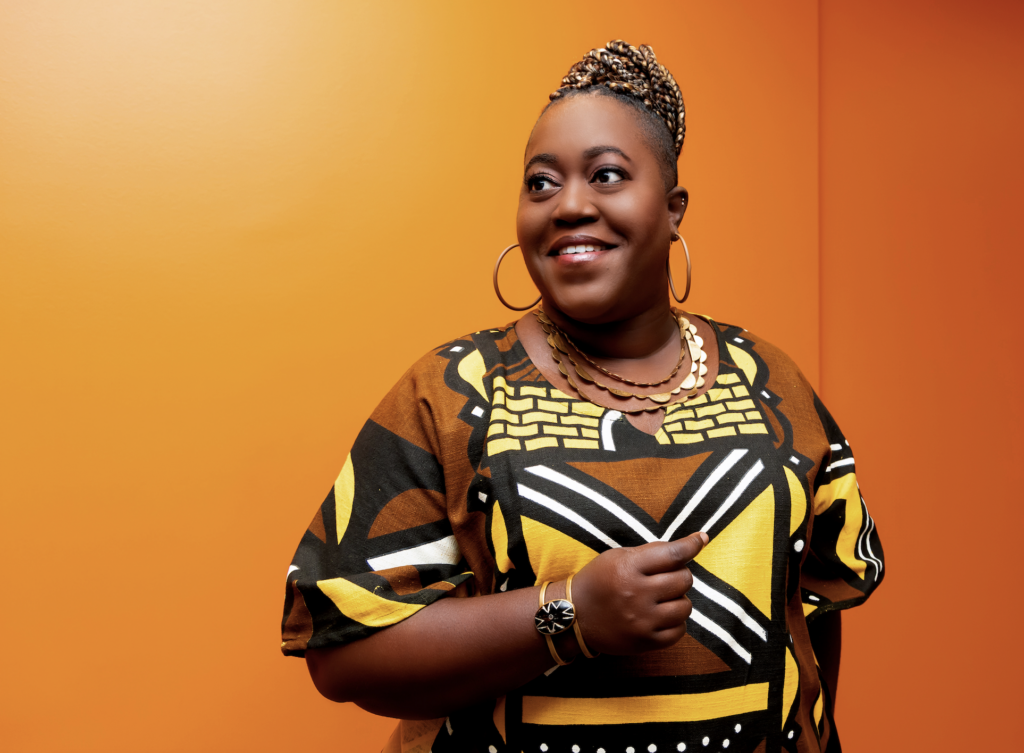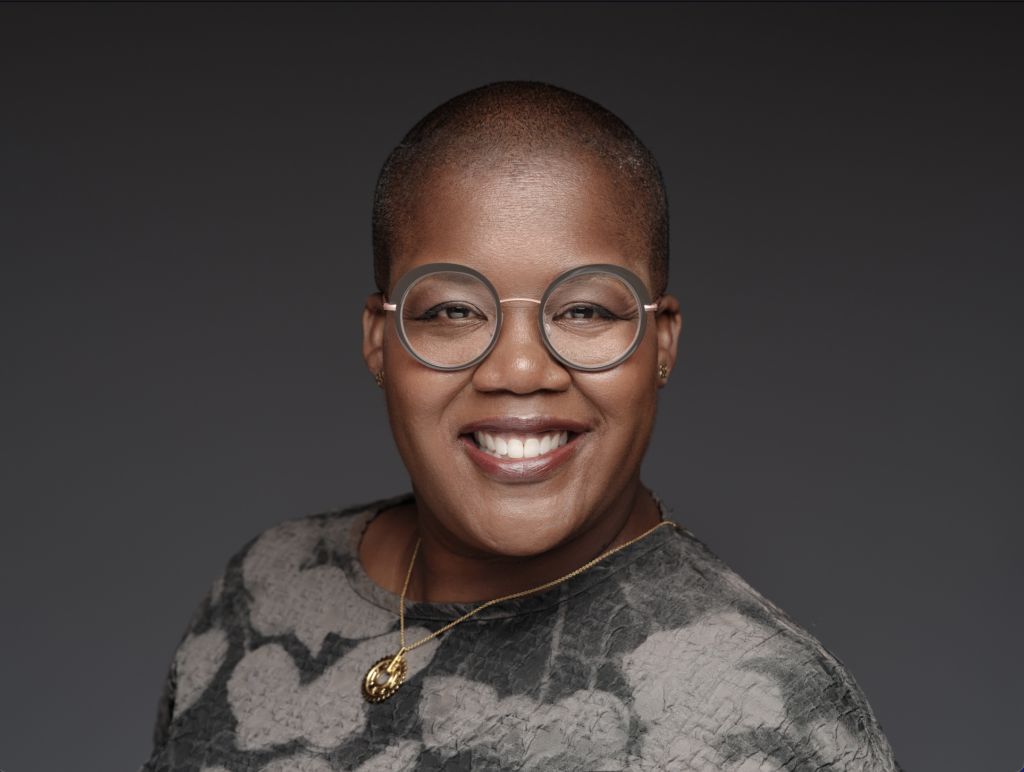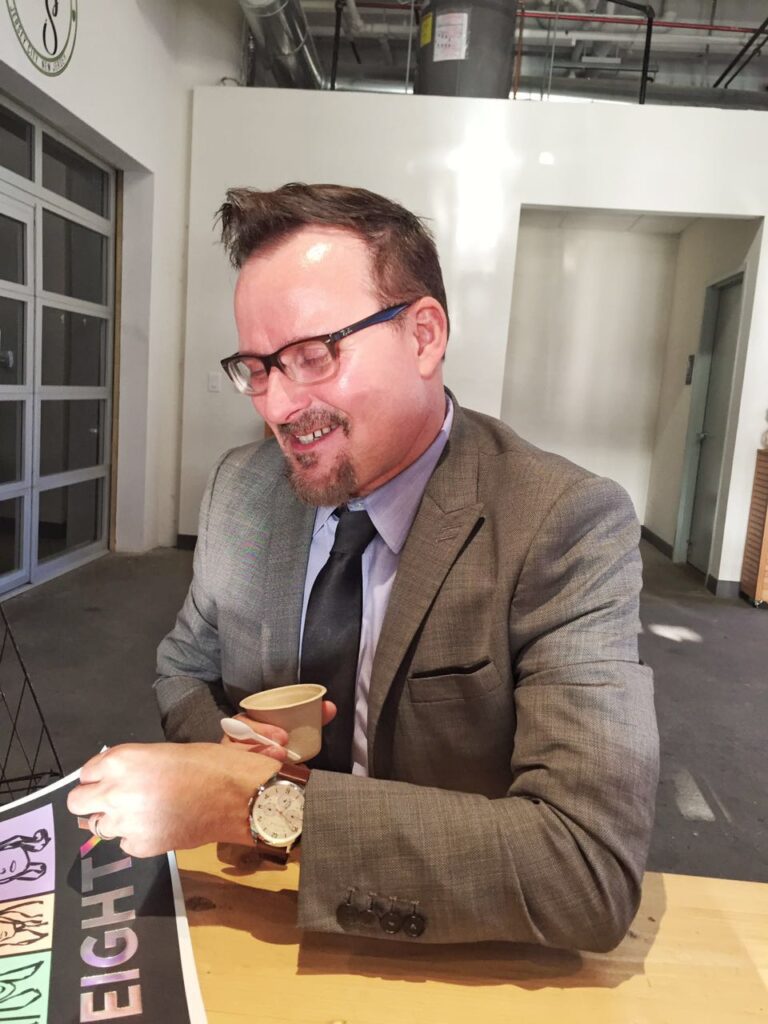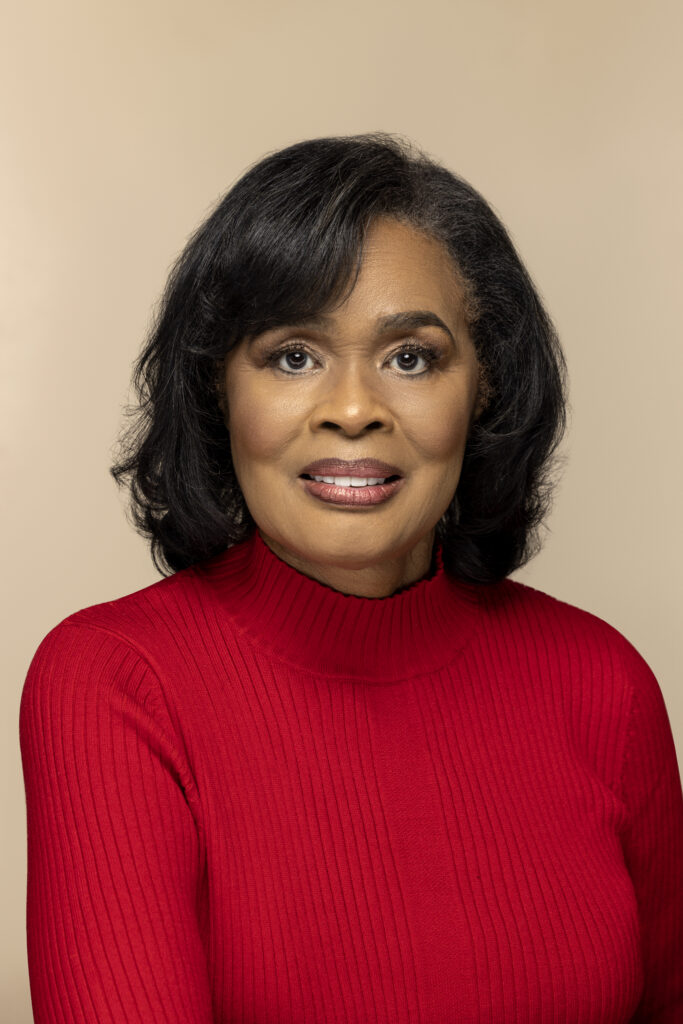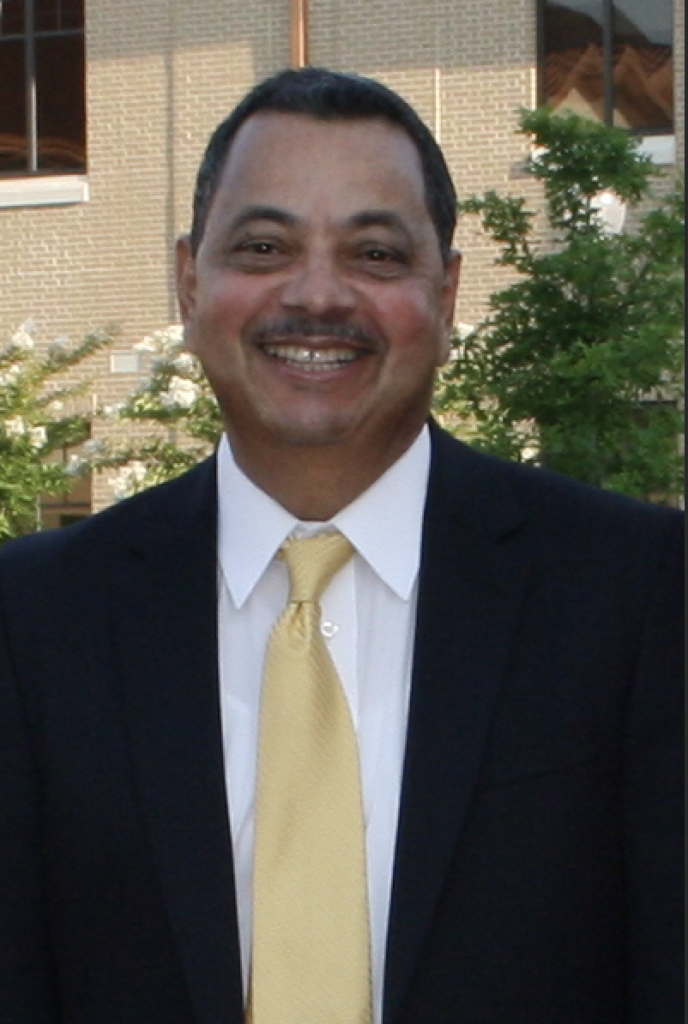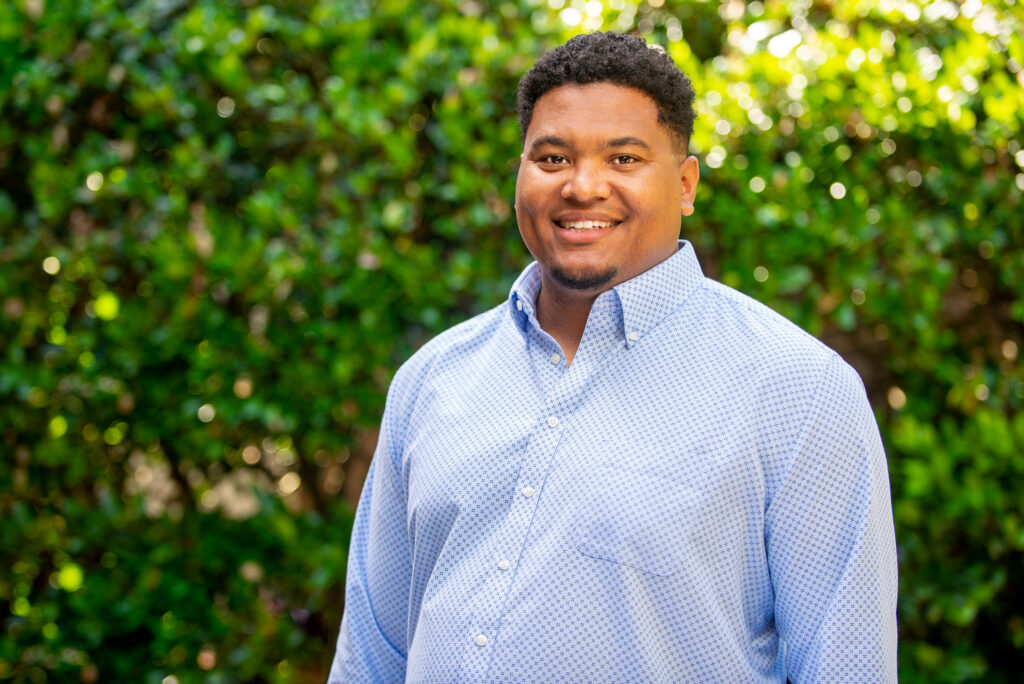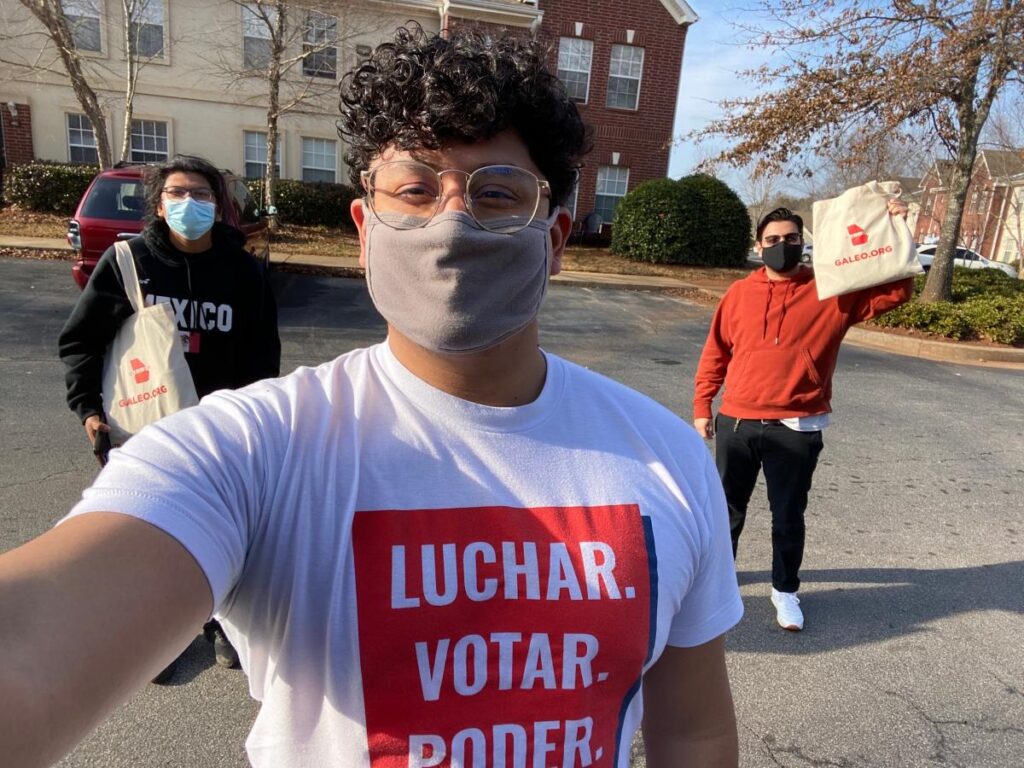
The board and staff of the Mary Reynolds Babcock Foundation are pleased to introduce our new people and culture officer. Ashelee Barber (she/her) brings a wealth of experience from a wide range of organizations, fostering inclusive environments and nurturing talent. Most recently, she served as senior manager of people and culture at Fair Fight Action for four years. She led the organization through a cultural transformation, changing the function, structure, and impact of human resources across the organization through new programs, policies, processes and systems.
“I am honored to join MRBF as the first people and culture officer and look forward to partnering with our talented team to cultivate an organizational culture where our staff feels valued, supported and empowered to contribute their best,” Ashelee said. “With a deep passion for this work, I am excited to embark on this journey of learning, growth and transformation, where our shared values and commitment to social and economic justice are mirrored in the way we connect, support and uplift one another within the Foundation.”
This is a brand-new position for the Foundation. In this role, Ashelee will help foster a strong, joyful culture steeped in racial equity and aligned with MRBF’s values. She will help staff take good care of themselves and each other, thereby deepening MRBF’s impact across the American South.
Ashelee holds a Bachelor of Arts degree in Psychology from Georgia State University and relevant HR certifications. She enjoys singing, reading, relaxing on the beach and spending time with her daughter.
